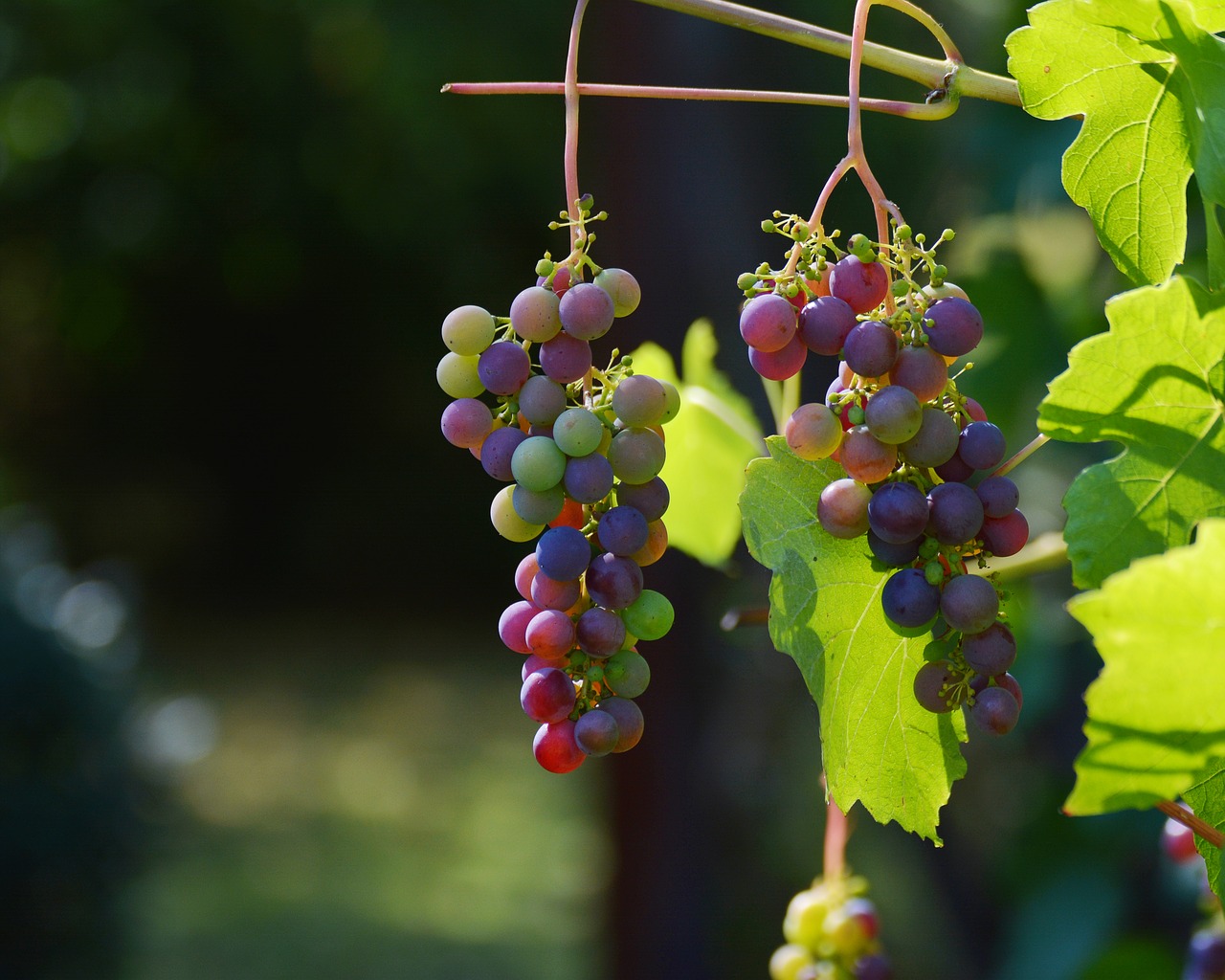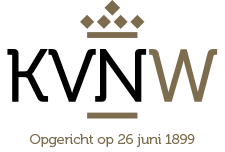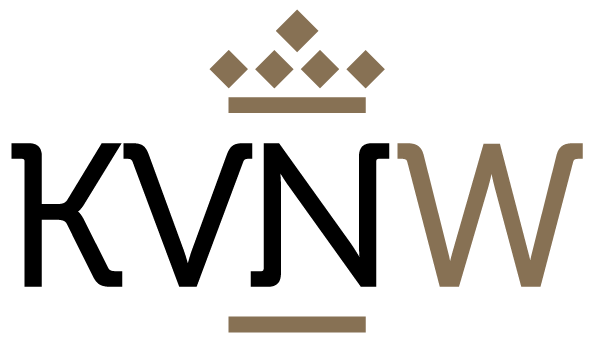
Persbericht: EU wine companies request a “Wine package” to mitigate the effects of the COVID-19 crisis on the wine sector
Brussels, 17th April 2020 – With all minds focused on tackling the COVID-19 outbreak, governments in Europe and across the world are adopting unprecedented measures to protect their citizens and contain the pandemic.
Since lockdown has been declared in many countries, because of logistic problems, security measures and sales drop, EU wine companies have their production centres operating at slow speed, at best, or closed down altogether.
“With the HoReCa[1]closed almost everywhere, we estimate that a 30% in volume and 50% in value of the EU wine market is locked. In addition, and after some signs of stockpiling early March, sales went down again also in supermarkets at the end of the month, reinforcing the negative trend of the wine market.” explained Jean-Marie Barillère, President of CEEV.
Wine exports, though not at a complete stop, have become irregular and 100% of wine operators report being unable to maintain their level of exports since the crisis started in January.
“Considering the partial dismantling of the HoReCa sector, the impact on tourism and the possible collapse of some wine importers and distributors, we should all understand that what we are facing is no short-term crisis. It will take time and require investments to recover wine markets” said CEEV President.
In order to mitigate the devastating effects of COVID-19 – present and future – on the wine sector, CEEV has put together a COVID-19 Wine Package, suggesting both emergency measures, and recovery measures. “Emergency measures should focus on the preservation of wine companies and their finances, while recovery measures should focus on rebuilding wine markets and regaining market shares globally” explained Ignacio Sánchez Recarte, Secretary General of CEEV. “This Wine Package will be shared with European and national authorities.” he added.
“As a first measure, it will be critical that the Commission authorises to “freeze” economic resources not used under the wine National Support Programmes for the financial year 2019/2020 in order to keep them available for Member States until the financial year 2022/2023 to help the sector recover.” underlined Ignacio Sánchez Recarte.
“To support the recovery of wine markets, we ask for further flexibility for promotion programs, a temporary reduced VAT for wine products and the adoption of a modern framework for distance selling. To revitalize the sector, legal adaptations are needed to dynamize the aromatised wine products category and the creation of the non-alcohol and low alcohol wine categories”.
“It is critical that the wine sector recovers on export markets. For this, a quick resolution of the commercial dispute with the USA is needed as well as further efforts to gain access to other markets.” said CEEV Secretary General.
“In the short term, we need to consider that the reduced wine sales and the high level of wine stocks may provoke problems in the normal balance of the wine market.” explained Jean Marie Barillère.
Wine market balance should be regained by fostering market support on EU and export markets, and by using production management tools included in the EU legislation.
Only if necessary to address remaining unbalances, the EU should be able to make exceptional voluntary payments for crisis distillation. “The budget used for these payments must be different from the Union funds allocated to Member States in the framework of the wine National Support programmes” stressed CEEV President.
--- END ---
For any enquiry, please contact Dr Ignacio Sánchez Recarte, Secretary General
- Email: Dit e-mailadres wordt beveiligd tegen spambots. JavaScript dient ingeschakeld te zijn om het te bekijken.
- Mobile: +32 (0)476 88 36 75
[1] HoReCa stands for Hotels, Restaurants, Cafés.

